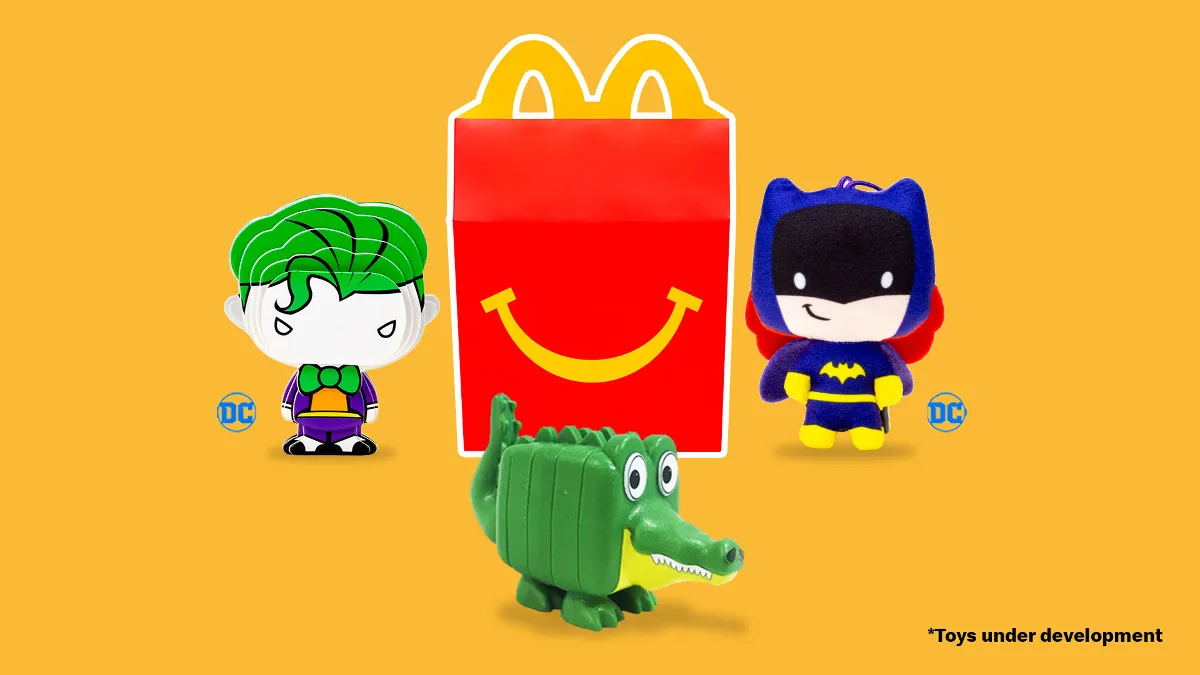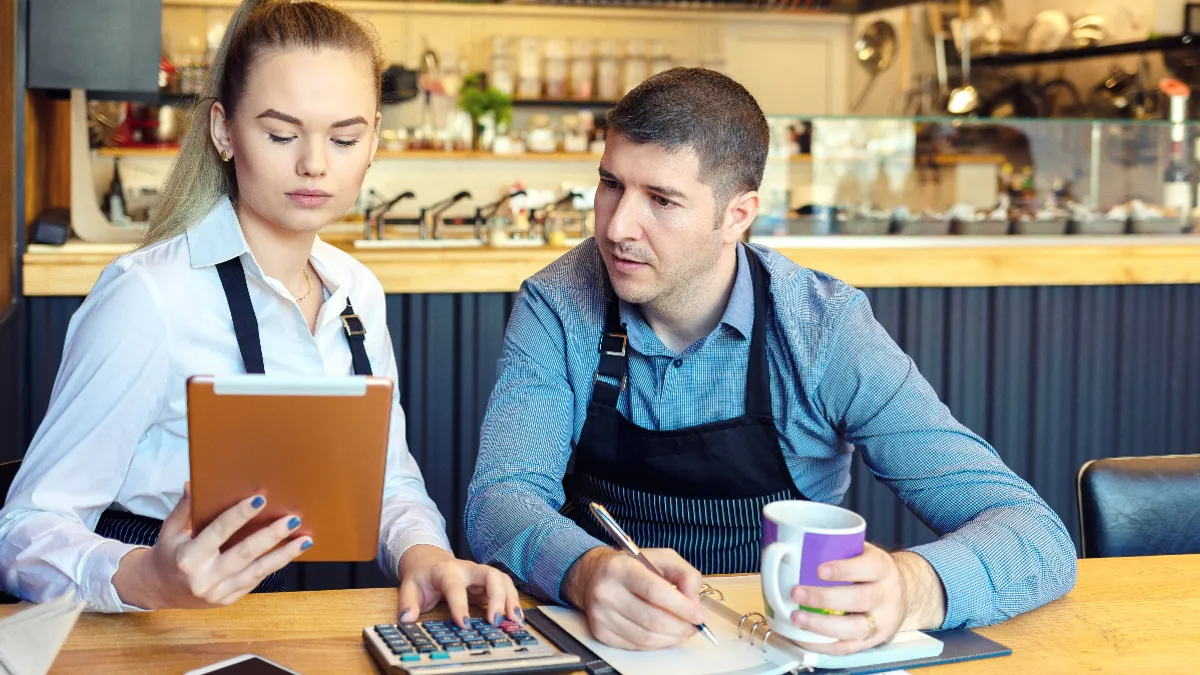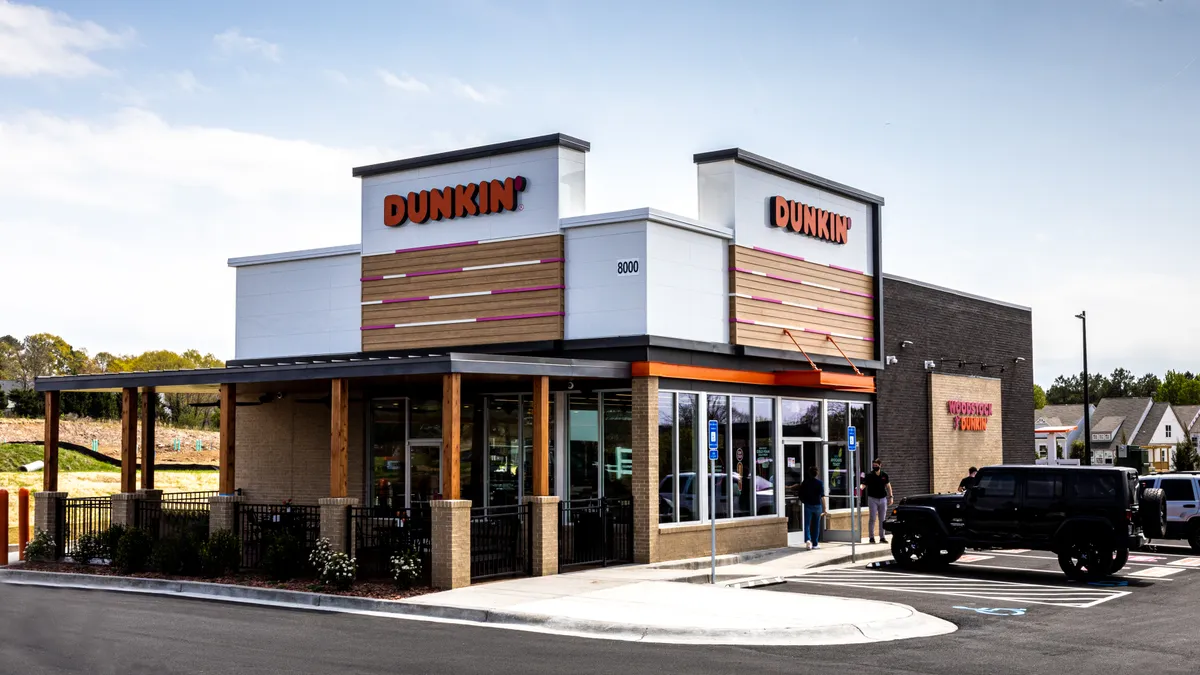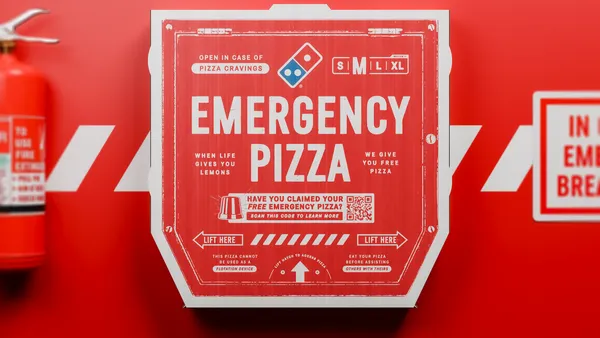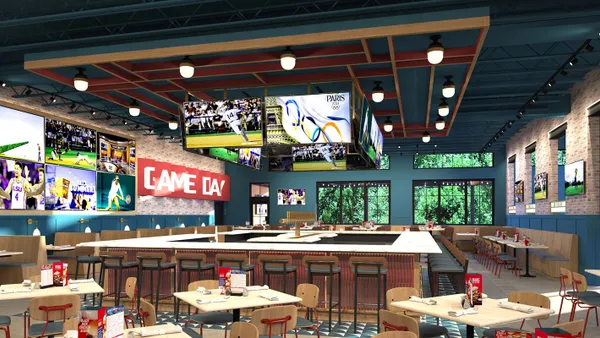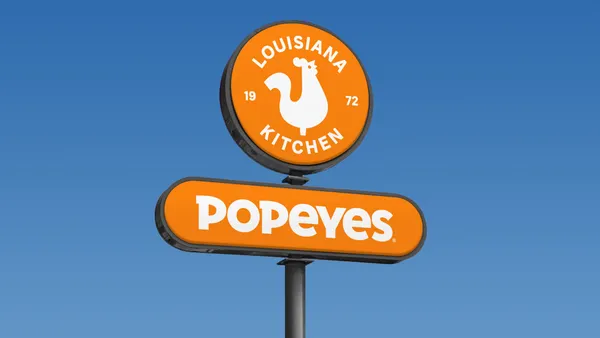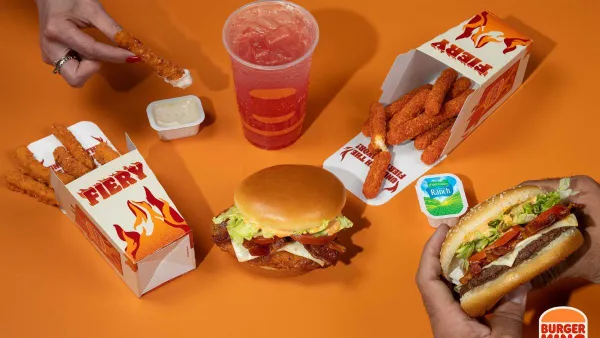Dive Brief:
- McDonald's plans to make its Happy Meal toys more sustainable by 2025 using renewable, recycled or certified materials like bio-based and plant-derived materials, the company said on Tuesday.
- This move will result in a 90% reduction in fossil fuel-based plastic in its Happy Meal toys from a baseline of 2018, which is equivalent to over 650,000 individuals eliminating plastic from their lives, Jenny McColloch, McDonald's chief sustainability officer, said in a company post.
- This initiative builds upon actions it has taken in other countries, like a transition to more sustainable toys in the United Kingdom, Ireland and France, which resulted in a 30% reduction in virgin fossil fuel-based plastic use since 2018, the company said.
Dive Insight:
McDonald's move to sustainable Happy Meal toys is part of its larger initiative to reduce plastic pollution across its system, including within its packaging. It also set a goal to source 100% of its guest packaging from renewable, recycled or certified sources by 2025, the company said in August. In 2019, it tested using edible packaging in a 10-day pilot in Germany, and piloted "Green Concept" stores in Canada, which served as incubators for new packaging options and recycling initiatives. McDonald's is also been part of the NextGen Cup Challenge to create more sustainable cups.
The company, which sells more than 1 billion toys a year with its Happy Meals, said this goal was sparked by consumer demand, according to CNBC. McDonald's still plans to offer toys based on movies and classic superheros as it has in the past, as well as board games, McColloch said. The toy switch is not expected to add additional costs to franchisees, according to CNBC. The chain, which has been offering Happy Meals since 1979, also changed its offerings a few years ago to provide fruit, vegetables, low-fat dairy and water to improve the meal's nutritional value.
The new toys are expected to begin rolling out in the U.S in January, CNBC reports. The QSR will also look for ways to recycle the old plastic toys, which could include using the recycled plastic for playgrounds and restaurant trays similar to what the chain has done in the U.K. and Japan, McColloch said, adding that it is also exploring ways to replace traces of virgin plastics in inks and laminates.
McDonald's has been building on its long-standing ESG initiatives. In October, the company created a global impact team and hired Katie Beirne Fallon to be its executive vice president and chief global impact officer, responsible for overseeing the company's philanthropy and ESG strategy. It opened a flagship store in Orlando, Florida, in 2020 that became its first net zero energy restaurant, creating enough on-site renewable energy to cover all of the store's needs. The company has also been a long-time investor in wind and solar energy projects. It also partnered with Ford in 2019 to upcycle coffee waste into car parts.
Many large QSRs have announces commitments to sustainability and combating climate change over the last few years, including Starbucks, Yum Brands, Restaurant Brands International and Chipotle.



